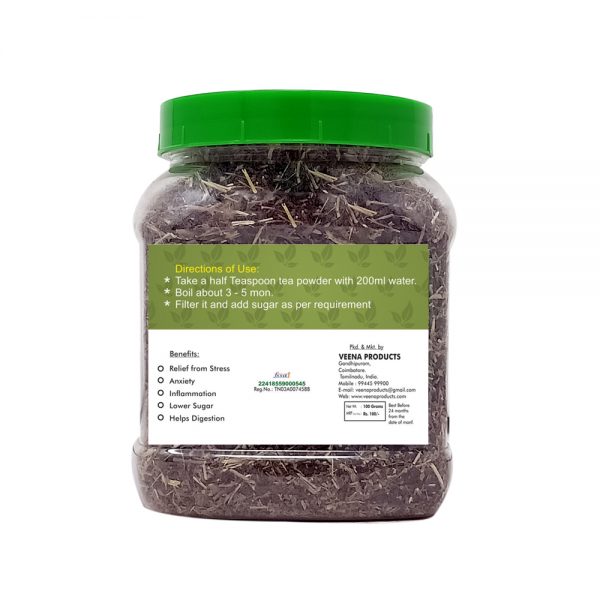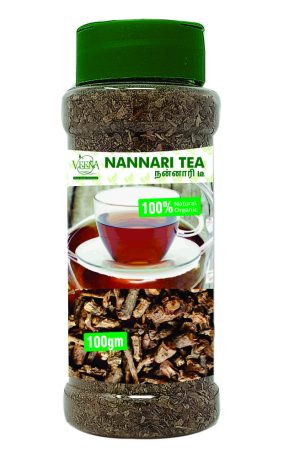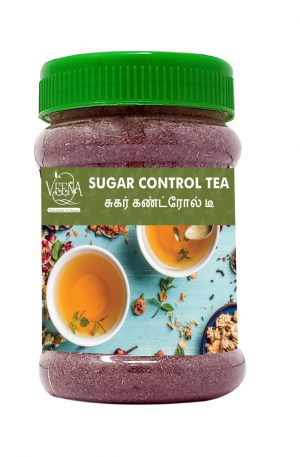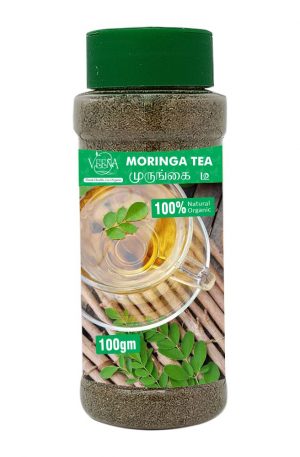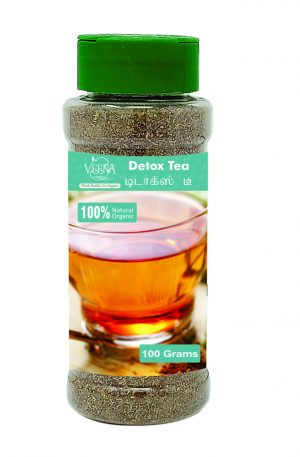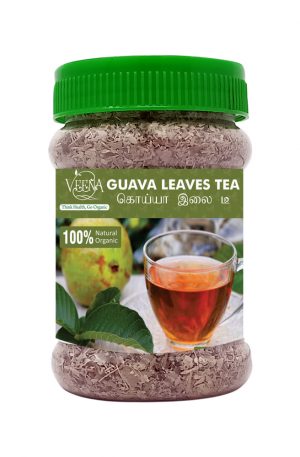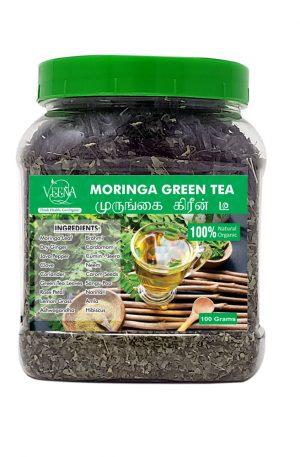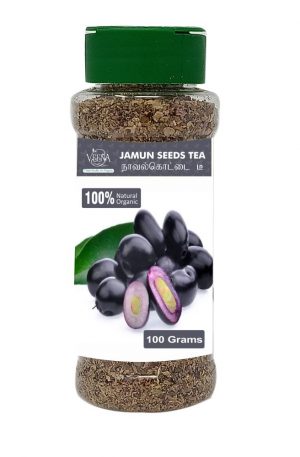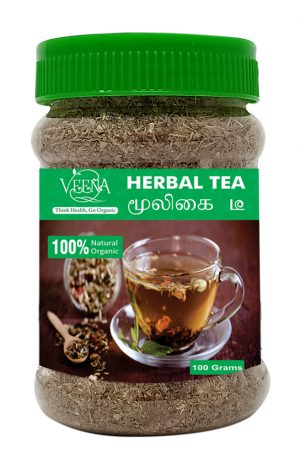Thulasi Green Tea
₹100.00
Botanical Name : Ocimum Tenuiflorum
English Name : Sacred Basil
Tamil Name : துளசி / Thulasi
Hindi Name : तुलसी / Tulsi
Malayalam Name : തുളസി / Tuḷasi
Telugu Name : తులసి / Tulasi
- Description
- Additional information
Description
Description
Internal Benefits of Thulasi (Sacred Basil):-
• It has antibiotic, anti-viral, anti-bacterial and anti-carcinogenic properties.
• It helps in relieving from fever, headache, sore throat, cold, cough, flu and chest congestion.
• It is also beneficial in treating respiratory ailments like chronic bronchitis, asthma et cetera.
• Helps relieve stress, strengthen immunity, and facilitate proper digestion.
• It is loaded with phytonutrients, essential oils, Vitamin A and C
• Regular tulsi consumption can also aid in balancing various bodily processes.
• It counters elevated blood sugar levels and is therefore beneficial for diabetics.
• It helps in regulating uric acid levels in body, thereby elimination risks of developing kidney stones. It is also beneficial for those who have kidney stones.
• According to the Central Drug Research Institute, Lucknow, India, tulsi can help in maintaining normal levels of the stress hormone – cortisol in the body.
• Is also beneficial in treating conditions like hepatitis, malaria, tuberculosis, dengue and swine flu.
Benefits of Green Tea
1) Green tea and cancer prevention
According to the National Cancer Institute, the polyphenols in tea have been shown to decrease tumor growth in laboratory and animal studies and may protect against damage caused by ultraviolet UVB radiation.
In countries where green tea consumption is high, cancer rates tend to be lower, but it is impossible to know for sure whether it is the green tea that prevents cancer in these particular populations or other lifestyle factors.
Some studies have also shown the positive impacts of green tea on the following types of cancer:
• breast
• bladder
• ovarian
• colorectal (bowel)
• esophageal (throat)
• lung
• prostate
• skin
• stomach
Researchers believe that it is the high level of polyphenols in tea that helps kill cancerous cells and stop them from growing.
However, other studies have not found that tea can reduce cancer risk. The amount of tea required for cancer-preventive effects also varies widely in studies – from 2-10 cups per day.
2) Green tea heart benefits
The participants who drank at least 5 cups of green tea per day had a significantly lower risk of dying (especially from cardiovascular disease) than those who drank less than one cup of tea per day.
Green tea contains catechins, polyphenolic compounds that are thought to exert numerous protective effects, particularly on the cardiovascular system.
3) Green tea and lower cholesterol
An analysis of published studies in 2011 found that consuming green tea, either as a beverage or in capsule form, was linked to significant but modest reductions in total and LDL or “bad” cholesterol.
4) Stroke risk and green tea
Drinking green tea or coffee on a regular basis is associated with a reduced risk of stroke, according to a study published in the journal Stroke: Journal of the American Heart Association.
The lead author of the study, Dr. Yoshihiro Kokubo, Ph.D., said, “This is the first large-scale study to examine the combined effects of both green tea and coffee on stroke risks. You may make a small but positive lifestyle change to help lower the risk of stroke by adding daily green tea to your diet.”
5) Green tea for type 2 diabetes
Studies concerning the relationship between green tea and diabetes have been inconsistent. Some have shown a lower risk of developing type 2 diabetes for green tea drinkers than for those who consumed no tea, while other studies have found no association between tea consumption and diabetes at all.
6) Green tea and weight loss
Green tea may promote a small, non-significant weight loss in overweight and obese adults; however, since weight loss in the studies was so minimal, it is unlikely that green tea is clinically important for weight loss.
7) Green tea and inflammatory skin diseases
A 2007 study concluded that green tea could hold promise as a new treatment for skin disorderssuch as psoriasis and dandruff. Researchers studied an animal model for inflammatory skin diseases, often characterized by patches of dry, red, flaky skin caused by the inflammation and overproduction of skin cells. Those treated with green tea showed slower growth of skin cells and the presence of a gene that regulates the cells’ life cycles.
8) Working memory and the effects of green tea
Research published in the journal Psychopharmacology suggests that green tea can enhance our brain’s cognitive functions, particularly the working memory.
The research team said their findings suggest that green tea could be promising in the treatment of cognitive impairments associated with neuropsychiatric disorders, such as dementia.
Ingredients
Thulasi Leaf
Green Tea Leaf
Sukku – Dry Ginger
Coriander
Edward Rose petal
Lemon Grass
Ashawagandha
Cumin
Licorice
Shatavari
Sangu poo
Nannari
Amla
Carom seeds Ajwain
Brahmi Vallarai
DIRECTION OF USE
• Take a half teaspoon powder with 200ml water
• Boil about 3-5 min
• Filter it and add organic herbal brown sugar or palm sugar as per requirement
Disclaimer:
The Consumption details and benefits listed out in our website are taken from Tamil ancient books and Siddha records, as well as its been further fine-tuned by our Siddha Doctors Team. There are no known side effects with this herb. Any how you are requested to consult your Doctor before use.
Additional information
Additional information
| Weight | 0.100 kg |
|---|---|
| Grams | 80 Grams |




